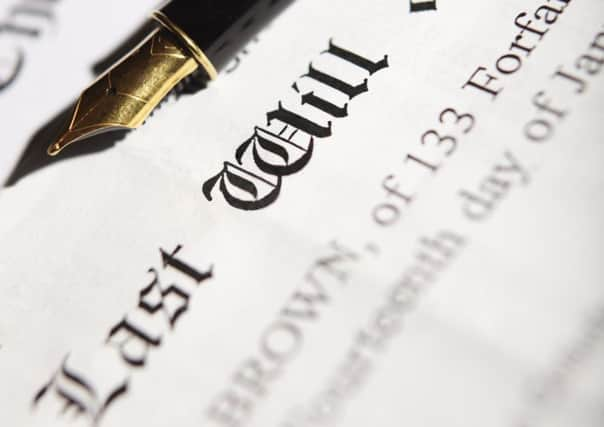Kirsten Leckie: So who would stand guard over your children in the event of your death?


This is a deeply personal and often emotive decision. Parents have often given this considerable thought (and perhaps debate); however, surprisingly few have taken the step to formally record their decision. Due to the legal requirements, a will is an ideal place to do this.
In the event that you have not appointed a guardian, the court would be asked to decide. Some parents mistakenly believe that they have arranged this by choosing a godparent for their child. This is not the case – a godparent’s role is to guide a child through their respective faith and is a religious role only.
Advertisement
Hide AdAdvertisement
Hide AdA formal court process is certainly not the preferred route for a grieving family dealing with the loss of loved ones whilst trying to care for young children left behind. If you have been putting off appointing a guardian because you cannot agree or are unable to decide who would be best, how is a court to decide? Parents are best placed to know in what environment their children would be happy and settled if they were not alive to care for them. The process is easier and simpler for the children and their carer if parents have made this decision.
Usually a guardian is appointed in the event that both parents die. However, each parent can appoint a guardian in the event of their own death. This requires careful consideration of all the circumstances; however it may be particularly relevant to those who are separated from their child’s mother or father.
Such an appointment is obviously life-changing for the guardian, therefore it is important to confirm that they would be willing to accept the appointment should they ever need to do so.
I would therefore encourage any parents who have not appointed a guardian to do so. The process of preparing or updating your will is simple and ensures that you have safeguarded all aspects of your children’s futures.
Kirsten Leckie, associate, Burness Paull